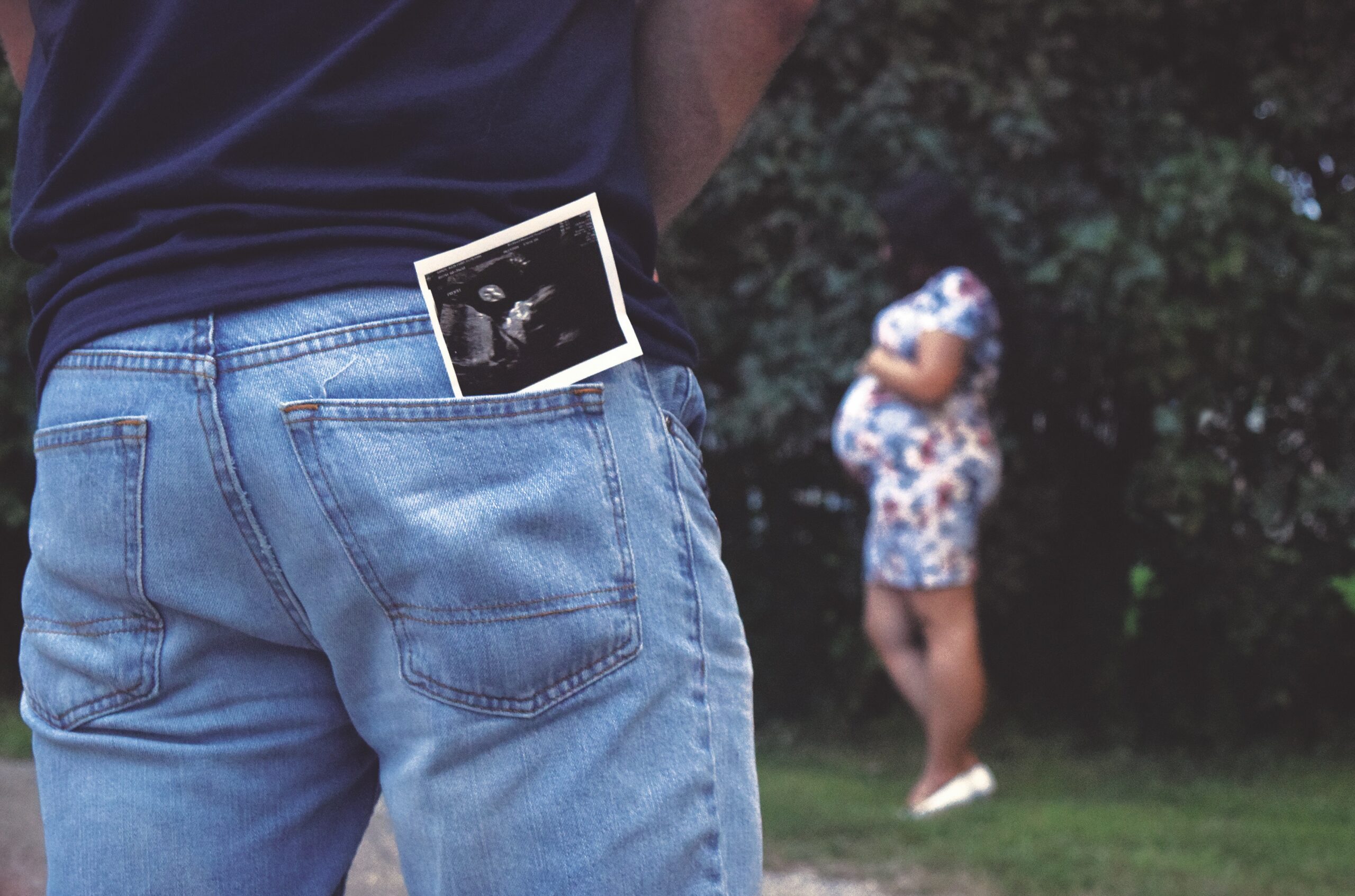Pregnancy and childbirth are often times of great joy and celebration. But for many women, the experience can be fraught with complications that can have long-lasting, even deadly consequences.
In a recent study published in an American Heart Association Journal, Circulation, researchers found that pregnant women who suffer from conditions like pre-eclampsia, gestational diabetes, and preterm delivery are at a greater risk of dying in the decades following birth. That’s compared to those who have typical pregnancies and deliveries. UPenn’s Perelman School of Medicine conducted the study. It used long-range, racially-inclusive data to examine the long-term effects of complicated childbirths that have often been overlooked.
The findings are alarming, to say the least. Pregnancy-related complications and difficult childbirth can lead to serious, lifelong health issues. Those include heart disease, diabetes, and other life-shortening conditions. And in some cases, they can even result in death – as much as 50 years later.
Lead author, Dr. Stefanie Hinkle, is an assistant professor of Epidemiology at Penn Medicine. She underscored the urgent need for preventive care and screenings for people with complicated pregnancies and deliveries.
“We know that the context of childbirth has changed since the 1950s and ‘60s,” she wrote in the study. “But these findings demonstrate how crucial it is to people’s long-term health that we invest in preventive care and screenings for people with complicated pregnancies and deliveries, both then and today.”
Relevance in the U.S.
These findings are especially significant in the United State. The U.S. has one of the worst maternal mortality rates in the developed world. More than 23 mothers die for every 100,000 births in the US. That’s three times the rate of France, the nearest developed country. While these figures account for deaths in childbirth and during the immediate postpartum period, the new study shows the toll could be much worse.
Hinkle and her co-authors drew on data collected from more than 46,000 people who gave birth at a dozen United States health centers between 1959 and 1966. The patients were tracked for deaths of any kind until 2016. At that time 39 percent, roughly 18,000, had died.
Risk of Death
The study looked at pre-term childbirth of three weeks or more due to spontaneous labor. It found those births were tied to a seven percent increase in the risk of death. That’s compared to those who delivered a baby full-term. The risk climbed to 23 percent for those whose water broke before term. The risk rose to 31 percent for preterm induced labor. And it more than doubled to 109 percent for patients who had a pre-term cesarean delivery.
The study also looked at high blood pressure conditions such as pre-eclampsia. The risk of death in the years after childbirth ranged from nine percent for those with pregnancy-related high blood pressure to 32 percent for those with pre-existing high blood pressure who developed pre-eclampsia during pregnancy. Finally, gestational diabetes increased the risk of death in the following decades by 14 percent.
Perhaps most distressing is the fact that the death rate for Black patients was higher than for white patients. In the study sample, 41 percent of Black patients died compared to 37 percent of white patients. Pre-term delivery – and, thus, the risk of complications – was also much more common in Black patients than white patients.
Dr. Hinkle stressed the need for further research to identify low-cost interventions that could potentially prevent complicated pregnancies and deliveries.
“Future work should seek to understand whether intervening earlier in the postpartum period among high-risk patients prevents future disease incidence,” Hinkle wrote. “Our group is also currently working to identify low-cost interventions to potentially prevent complicated pregnancies and deliveries.”
